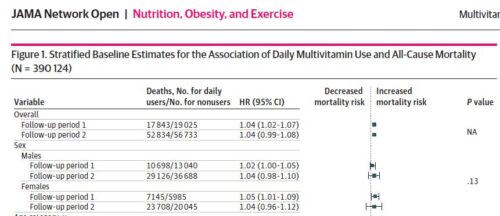Industry funded study of the week: eggs and Alzheimer’s risk
When I see a study with a title like this, my first question is “Who paid for this study?”
The title: Association of Egg Intake With Alzheimer’s Dementia Risk in Older Adults: The Rush Memory and Aging Project. The Journal of Nutrition Volume 154, Issue 7, July 2024, Pages 2236-2243.
The study: It collected dietary data by food frequency questionnaire from older adults (average age 81) and assessed Alzheimer’s dementia after nearly 7 years of follow up.
Results: Eating 1 or 2 eggs a week was associated with decreased risk.
Conclusions: “In conclusion, these findings suggest that more frequent egg consumption is associated with a lower risk of Alzheimer’s dementia, and this association is partially mediated through the effect of dietary choline on Alzheimer’s dementia…Once replicated in other prospective cohorts and confirmed by clinical trials, these findings may have important public health implications for reducing the population’s risk of AD.”
Funding: Funding for the Rush University qualifications of choline intake was provided through an unrestricted investigator-initiated grant from the Egg Nutrition Center to Think Healthy Group, LLC…The authors and sponsor strictly adhered to the American Society for Nutrition’s guiding principles for private funding for food science and nutrition research.
Conflicts of interest: One author is the Editor-in-chief of the Journal of Dietary Supplements and has received past research support from the Egg Nutrition Center.
Comment: At first glance, this is a standard egg industry funded study with an outcome favoring frequent egg consumption. But egg consumption in this study—one or two a week—does not seem frequent to me. What this study may really be about is choline, a conditionally essential nutrient (we make our own, but not always enough). The “important public health implications?” Eat more eggs and take choline supplements, I guess. If only.




